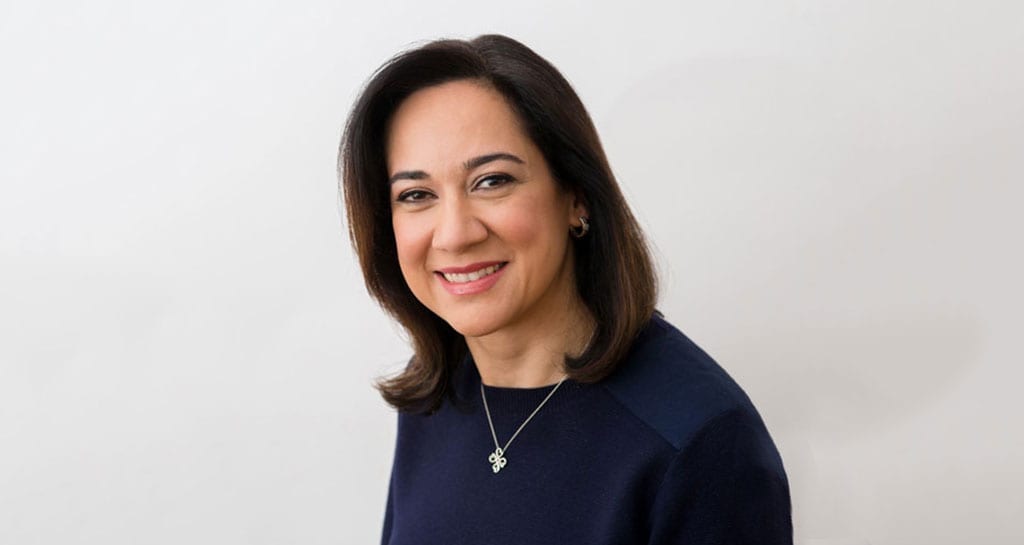When I was in school (yes, dinosaurs still roamed the earth), we used to cover our notebooks or tests with our hands because we didn’t want others to see our work. We wanted to keep our school work private. When we ask our kids what they did in school we get the timeless classic “nothing” or “stuff.” So is there anything wrong when a teacher gives us the opportunity to take a look at what happens in our child’s classroom? A couple of weeks ago I saw a Tweet about a teacher using Periscope (the social media app that lets you see the world through someone else’s eyes) and his statement of how much parents appreciated “the ability to watch their kids while they were in school.”
At first glance that might seem like an interesting and exciting proposition but there is something that doesn’t sit right with me. Where do parent’s rights over their children become too overreaching that they supersede student rights? Or should they supersede student rights? The question becomes more complex when we discuss student ownership and acknowledging that students are owners not only of their data but of their education. So humor me for a second and let’s say we finally agree to give students agency and ownership of their education. If we do, would we feel that it was ok to look into their classroom through an app everyday? Maybe not.
I think it’s worthwhile to ask students how they feel about being observed through an app. An app that their parents use to observe their behaviors in the classroom. Which leads me to a proposed state law in Wyoming that would make it illegal for school districts to demand access to student’s social media accounts. In this proposal, the bill would make it a misdemeanor for school officials to request information from a non-school account. In addition, school officials cannot access or view the student’s account unless they get parental permission. This bill is making the argument that it is not ok to feel we can access all of the student’s information because as Sen. Cale Case, R-Lander, said “if you look through someone’s tablet and go through it, it’s like going through the kid’s house.” But we obviously need to be careful we do not make any law so restrictive that it impedes either school’s ability to function or be able to help students in need. Students can no longer simply cover their work with their hands so that no one can see it. Students are vulnerable to parents having total access to their school day through the use of technology, schools can access student work through school provided hardware and schools could potentially monitor students through their social media activity and we need to ensure that we do not blur the line between a student’s school life and life outside school. Because when we do, we risk taking away any sense of ownership from students. Ownership that can empower them to make decisions about their own education as well as how and what they disclose on social media. If we disavow their right to ownership, we risk on enacting laws so restrictive schools can’t conduct their day to day operations as well as neglecting a student’s education and their right to build their data trail in the way they feel represents them the best.
The more people looking at student data privacy laws the better, the more people advocate for increased protections for student privacy the better, the more voices that are brought into the conversations the better. But we cannot and must not go from protecting student data privacy to surveillance.


